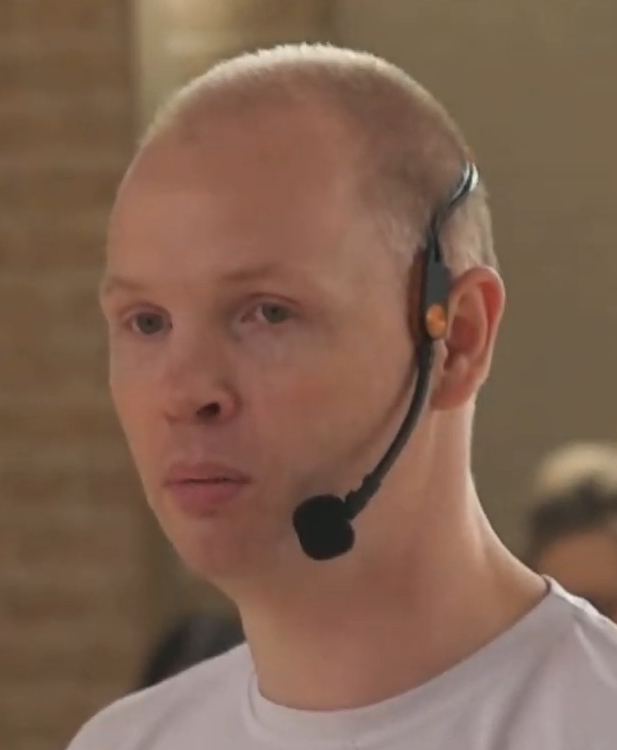1. Early Life and Introduction to Boxing
Aleksei Tishchenko was born in Rubtsovsk, Soviet Union, and grew up in Omsk. During his childhood, he engaged in a variety of sports, including Badminton and Sports dance. His introduction to boxing began in 1993, when he was first guided by his father, Viktor Tishchenko. Subsequently, he was professionally coached by Vladimir Ivasenko, who further developed his boxing skills and set him on the path to becoming a competitive boxer.
2. Amateur Career
Aleksei Tishchenko's amateur career was marked by a rapid ascent and consistent success, culminating in multiple international titles and establishing him as a dominant force in the lower weight classes.
2.1. Major Achievements and Progression

Tishchenko's professional journey began when he was selected for the Russian national team in 2003. He secured his qualification for the 2004 Summer Olympics by winning the 2nd AIBA European 2004 Olympic Qualifying Tournament, also known as the Felix Stamm Tournament, held in Warsaw, Poland. At the 2004 Athens Games, Tishchenko showcased his talent by winning the gold medal in the featherweight division.
The following year, in 2005, Tishchenko continued his winning streak by securing another gold medal in the featherweight category at the 2005 World Amateur Boxing Championships in Mianyang, China. In the same year, he was also a crucial member of the Russian team that won the 2005 Boxing World Cup in Moscow.
In 2006, Tishchenko transitioned to the lightweight division, where he continued to excel. He won the European title at the 2006 European Amateur Boxing Championships in Plovdiv, Bulgaria. His journey in the lightweight category saw a minor setback at the 2007 World Amateur Boxing Championships in Chicago, United States, where he earned a bronze medal after being unexpectedly defeated by English boxer Frankie Gavin. However, Tishchenko rebounded strongly. At the 2008 Summer Olympics in Beijing, China, he capitalized on Gavin's absence from the competition and secured his second Olympic gold medal by defeating French boxer Daouda Sow in the final match.
2.2. Political Activities
During his active boxing career, Aleksei Tishchenko also ventured into politics. In 2007, he was elected as a deputy to the Omsk Regional Duma, representing the United Russia political party. This marked his involvement in public service while still competing at the highest levels of international boxing.
3. Major Amateur Bout Results
Aleksei Tishchenko competed in numerous significant amateur bouts, achieving notable victories in major international tournaments.
2004 Olympic Games in Athens, Greece
- Defeated Hadj Belkheir (Algeria) 37-17
- Defeated Shahin Imranov (Azerbaijan) RSC-3 (1:08)
- Defeated Galib Jafarov (Kazakhstan) 40-22
- Defeated Jo Seok-Hwan (South Korea) 45-25
- Defeated Kim Song-Guk (North Korea) 39-17
2006 European Amateur Championships in Plovdiv, Bulgaria
- Defeated Odiseas Saridis (Greece) RSC-2
- Defeated Samet Huseinov (Bulgaria) AB-2
- Defeated Oleksandr Klyuchko (Ukraine) 42:29
- Defeated Hrachik Javakhyan (Armenia) 39:15
2007 World Amateur Championships in Chicago, United States
- Defeated Kim Joung-Won (South Korea) 27-20
- Defeated Hüsnü Koçabas (Netherlands) RSC 3 (1:34)
- Defeated Pichai Sayotha (Thailand) RSC 3 (1:40)
- Lost to Frankie Gavin (England) 10-19
2008 Olympic Games in Beijing, China
4. Retirement
Aleksei Tishchenko officially announced his retirement from boxing on 11 February 2011, concluding a distinguished amateur career marked by significant international success and numerous championship titles.
5. Legacy and Assessment
Aleksei Tishchenko's career is widely regarded as one of significant dominance in amateur boxing's lower weight classes. His collection of two Olympic gold medals, a World Championship gold, a European Championship gold, and a World Cup gold places him among the most successful Russian boxers of his generation. He was often cited as one of the best pound-for-pound Olympic boxers globally, a testament to his skill, consistency, and ability to perform under pressure at the highest levels of competition. His legacy is defined by his formidable technique, strategic approach in the ring, and his ability to adapt and excel even after changing weight divisions, leaving an enduring mark on the sport of boxing.